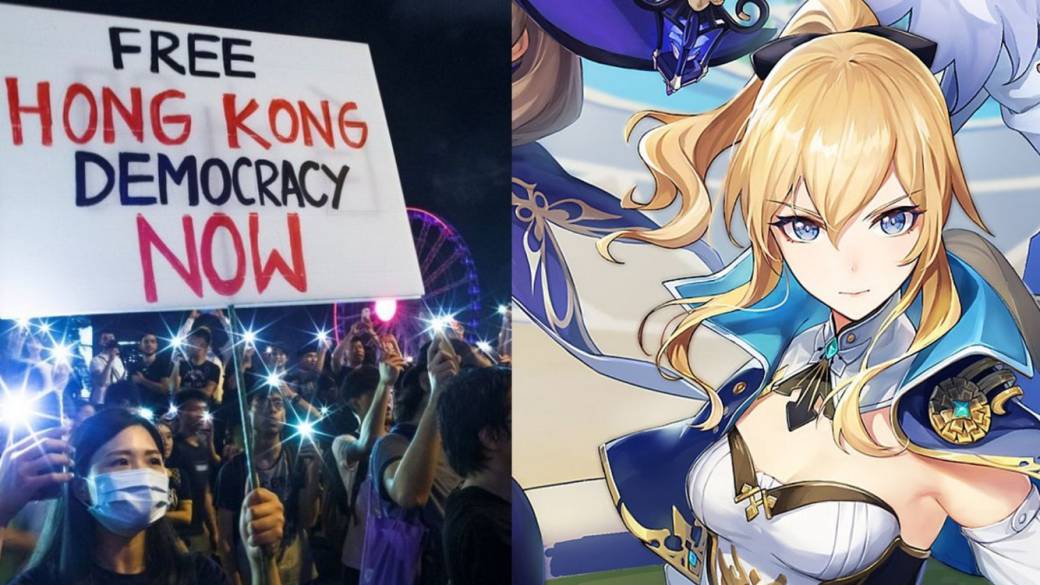
The fashion game, miHoYo’s free, cross-platform Breath of the Wild, has had to comply with some political measures from China to see the light.
It has become China’s biggest international launch, but even that hasn’t been enough for Genshin Impact to bypass its own government’s censorship. As Kazuma Hashimoto (freelance journalist) has shown in the following video, the game blocks several words in his chat, most of them related to the political conflicts that are still open in his country of origin. Thus, the list of censored words includes terms such as “Taiwan”, “Hong Kong” or “Tibet”.
This movement is due to the law that regulates the games offered for sale in the Chinese market, according to which these cannot include “threats to the national unity of China, its sovereignty or territorial integrity”. Precisely the problems posed by these three regions. For China, for example, Taiwan is not an independent country, but a renegade province. In the same way, he does not want to hear about the liberation movement of Tibet and neither about the Hong Kong protests, very well explained in this article in El País: “Hong Kong resists being China.”
Other examples of censored games in China
It is not the first time that we have seen a similar performance from the Chinese government. As Kotaku reminds us, this type of censorship has to be practiced even by foreign video games that want to try their luck in their market. Thus, Baseball Stars 2, a Neo-Geo classic that has had a relaunch there in recent months, has had to adapt. It has done so by removing the Taiwan baseball team and the stadium in which it played, located in Taipei, from its content.
Another recent example is that of Devotion, a horror adventure developed by a study from Taiwan that was withdrawn from all stores in the country after finding a text within the title in which Winnie the Pooh was compared to the Chinese president, Xi Jinping. In the latter case, even Steam took sides and withdrew the game, causing public apologies from its creators, who did not release it again, and demonstrating the scope of Chinese policy, which also withdrew Red Candle Games (its developer) forever. business license within the Chinese territory.
Chinese developed games have to comply with a ton of content and in game censorship rules because of these laws and regulations
There is a list of banned words that cannot be used in game / via chat functions
Foreign developers also need to comply when publishing games in China
– Daniel Ahmad (@ZhugeEX) October 6, 2020

